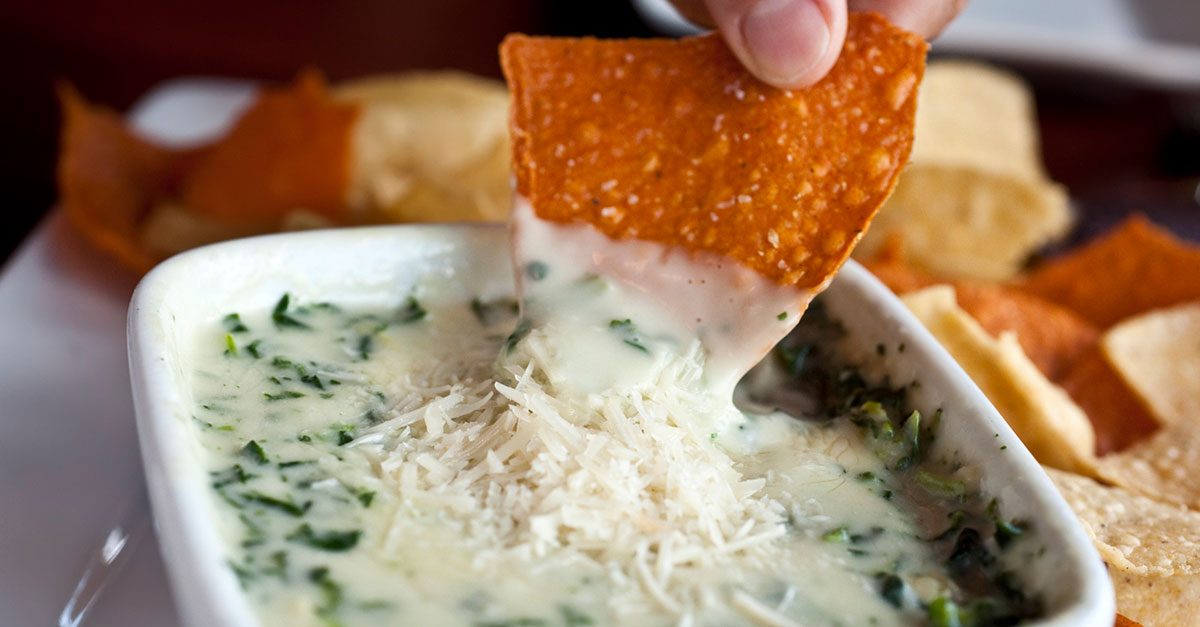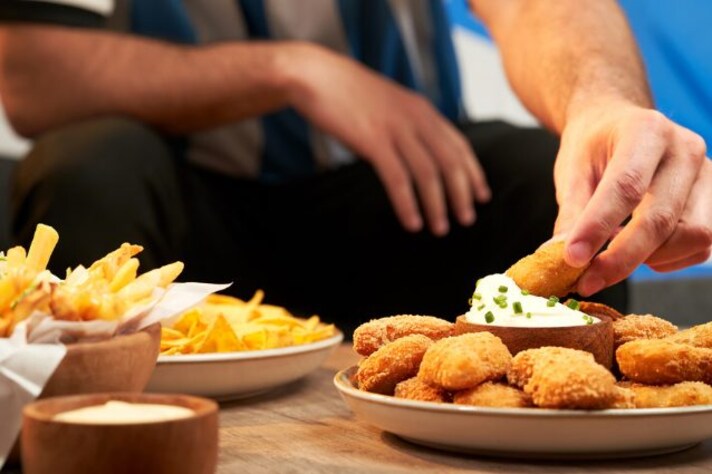Why You Should Never Double Dip Your Food
Double-dipping can transfer bacteria from the mouth to the dip, increasing the risk of spreading illnesses and being perceived as unsanitary by others. Alternatives like using a spoon for individual portions or flipping the food item can help enjoy shared foods safely and respectfully.
;Resize,width=742;)
It's a scenario many of us have encountered: you're enjoying a delicious snack, perhaps a crispy chip or a crunchy carrot stick, and after taking a bite, you're left with a piece too good to waste but too small to enjoy without a bit more dip. The temptation to double-dip, or re-dip the already bitten piece into the communal sauce or dip, is strong. However, beyond the potential for a faux pas at social gatherings, there are compelling reasons to resist the urge to double-dip, and they extend beyond mere social etiquette.
Health and Hygiene Concerns

When you take a bite and then dip the same piece back into the sauce, bacteria from your mouth can transfer to the dip. Research has shown that double-dipping significantly increases the number of bacteria in the dip, which can then be passed on to the next person who uses it. This is especially concerning if anyone sharing the dip is sick, as it can spread illnesses like the common cold or flu.
Sharing dips and sauces in a group setting is already an intimate affair, with each person's utensils potentially introducing microbes into the shared food. Double-dipping compounds this risk by introducing oral bacteria directly into the communal container, making it a potent vector for the spread of infectious diseases.

Social and Cultural Considerations
Even if the health risks don't deter you, the social implications might. Double-dipping is often considered unsanitary and rude in many cultures. It can give the impression of poor manners or a lack of consideration for communal dining etiquette, potentially embarrassing you and making others around you uncomfortable. Knowing that someone has double-dipped can affect how enjoyable the food is for others. The thought of sharing bacteria can make the dip less appealing, regardless of its actual taste or quality.
Alternatives to Double-Dipping
To enjoy your snacks without health risks or social faux pas, consider these alternatives.
- Use a Spoon: Scoop some dip onto your plate to enjoy with your food, eliminating the need to double-dip.
- Flip the Chip: If you must dip again, flip the piece of food to the side that hasn't touched your mouth before dipping.
- Individual Servings: Serve dips in individual cups or portions when hosting, to ensure everyone can enjoy their snacks without worry.
;Resize,width=767;)

;Resize,width=712;)
;Resize,width=712;)
